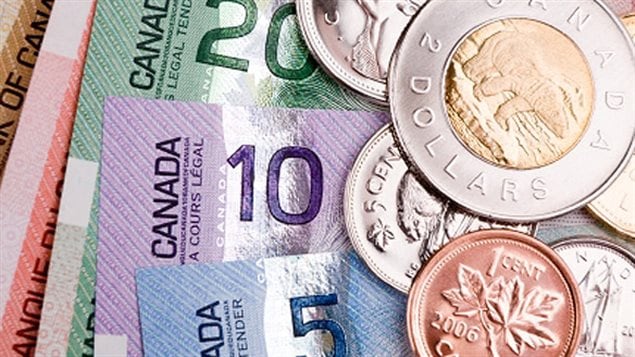It’s a shocking finding but a poll last month found that nearly half of Canadians are within a mere 200 dollars of defaulting on bills and debt payments.
It truly seems like a worrisome number of Canadians truly do live from paycheque to paycheque, and that any interruption, such as a sickness, injury, job loss, could throw them into severe financial difficulties.

The online poll of 1,582 people was conducted by the firm Ipsos-Reid for MNP Debt, a trustee service licensed in several provinces.
The poll indicated that 31 percent of respondants said any increase in interest rates could push them towards bankruptcy.
The poll came just after the federal government announced that Canadians had the highest debt relative to household income, among all the other G7 countries.
It found that for every 100 dollars in disposable income, Canadians on average had 171 dollars in debt obligations.
A high percentage of Canadians think interest rates will rise from the current historical low Bank of Canada rate of 0.5 percent. But, many said that if debt payments went up even as little as $100 or $200, they would experience difficulties paying their bills. In fact, the survey found that already 25 percent of Canadians already can’t pay off their bills, or meet scheduled debt payments.
Many other respondents said various life situations would also impose hardships on meeting debt payments. Those aged 35 to 54 are more likely than others to suggest that retirement, separation or divorce would be challenging to their financial health, while younger adults are more likely to say that paying for education or the birth of a child would be challenging.
Interestingly, and perhaps surprisingly given the somewhat dire situation portrayed above, another Ipsos poll, this one for the Royal Bank of Canada and conducted in February found that just over 40 percent of Canadians spent more during the Christmas holidays than they intended to. The average overspending was $397. It says most will try to get back on track by cutting expenses elsewhere from lunch and coffee expenses, to less use of credit cards. However, one in ten said they had no idea how to get back on track.
additional information- sources







For reasons beyond our control, and for an undetermined period of time, our comment section is now closed. However, our social networks remain open to your contributions.